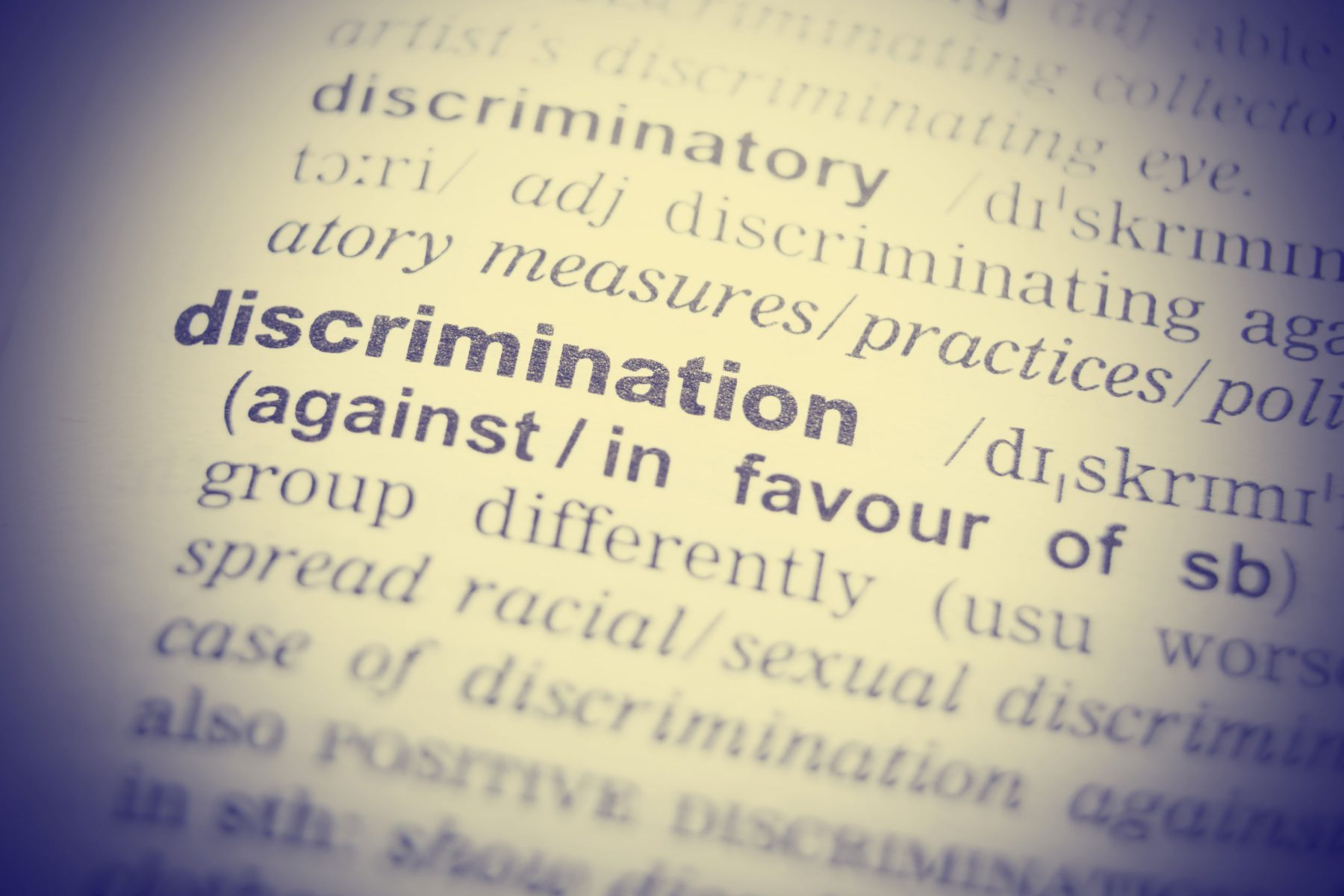It’s easy to sound convincing when you’re not constrained by the truth. Such is the case in a recent piece by CNNMoney, according to Kansas Policy Institute President Dave Trabert. The news network compares the Kansas tax cuts to proposals in Washington to provide a small business tax cut.
“One of the key offerings of the Republican tax plan: reducing the tax rate for pass-through businesses. It’s a move they say will boost small businesses and create jobs,” the narrative begins. “One state tried it recently, and the result was an economic and political fiasco.”
Trabert says the television presenter, CNNMoney producer Jon Sarlin, obviously didn’t do any research of his own.
“This is a perfect example of how CNN in particular, and mainstream media in general, starts with the political view they hold and goes out to find people to confirm it for them,” Trabert says. “The facts are not permitted to get in the way.”
Sarlin explains that the centerpiece of Gov. Sam Brownback’s tax plan was a slash of the pass-through tax rate to zero.
“Zero. Zero,” he repeats for dramatic effect.
It may have been the most unusual part of Brownback’s tax plan, but it wasn’t the centerpiece. The centerpiece was reducing income rates for all taxpayers. The centerpiece of Brownback’s plan was rolling individual income tax rates to zero over time, using excess revenue gains in future years to reduce rates the following year, until the personal tax rate was zero. Eliminating income tax rates on pass-throughs only accounted for 29 percent of the 2012 Kansas tax cuts. The remainder, 71 percent of the total tax cut package, went to individuals thanks to income tax rate cuts.
Sarlin says the Kansas economy didn’t grow at all. Jason Debacker, a University of South Carolina professor and co-author of a Kansas tax study, tells the CNN producer there was no increase in employment in pass-through businesses, no increases in investment, and no significant increases in income earned by businesses. In reality, U.S. Census data shows small businesses, or LLCs and other pass-through entities, added almost 55,000 jobs and accounted for 98 percent of all private-sector job growth after 2012 in Kansas. Pass-through employment was growing at 1.2 percent annually prior to the exemption and has been growing at 4.1 percent annually since then.
DeBacker may presume there was no increase in investment or earned income, but one cannot make such assumptions merely by looking at reported net business income.
The title of Debacker’s study is flashed across the screen as he is quoted. The video package is crafted to lead viewers to conclude that Debacker’s study was about job growth but the focus of his study was taxpayers who may have switched their employee-status to take advantage of changes in the Kansas tax code. The study, with heavy caveats, determined that there was a 2 percent increase in the likelihood of individuals reporting self-employment income in 2013 and 2014. And even if that likelihood turned out to be accurate, DeBacker’s study says it would only account for about $8.6 million of the annual revenue decline.
“One of the big premises in the CNN piece was this massive tax avoidance, and they’re talking to the guy who wrote the study that said only 2 percent of the revenue loss was attributable to that,” Trabert says. But CNN didn’t mention that important point.
Despite quoting the researcher who revealed Kansas’ budget woes weren’t the result of massive tax avoidance, the CNN story trots out the now fully-debunked myth of massive numbers of individuals changing their tax statuses in the aftermath of the 2012 tax cuts.
“The estimate was 191,000 businesses would be able to take advantage of this. It was closer to 365,000. To lose 365,000 taxpayers, that’s a big deal,” Lori McMillan, a law professor at Washburn University tells CNN.
Kansas officials did anticipate only 191,000 businesses would take advantage of the pass-through tax exemption, because they didn’t include certain tax filers in their estimates. State officials apparently only counted Schedule-C sole proprietors when Schedule F and E partnerships and S Corps would also be eligible to use the tax exemption. Later numbers — and it was 335,000 business, not the 365,000 McMillan suggests–included the other filers making it appear as if massive numbers of Kansans changed their employee status. Had Kansas officials included all filers in their estimate, they would have predicted about 330,000 filers.
Sarlin erroneously explains that high income earners in Kansas figured out that if they had their employers pay them as private contractors, they could avoid paying income taxes.
“It just leads to lower taxes for some rich people with clever accountants,” Sarlin snarks.
That’s not what happened, again, according to IRS data. Conversions from wage to small business income would show large gains in the number of Schedule C filers, but that didn’t happen. And even DeBacker’s independent academic study of IRS data only found a 2 percent increase in the likelihood of that happening.
Trabert says the CNN piece is an attempt to discourage the U.S. Congress from cutting tax rates for small businesses.
“That was the point of the video,” Trabert says “They said doing so would lead to a lot of tax avoidance. Set aside the fact that their premise was debunked… They are so caught up in scaring people, they don’t realize that they’re not even telling the truth, and they’re actually proposing what they fear.”
Trabert says if Congress’s tax cut plan only cuts corporate tax rates from 39.6 percent to 20 percent, but doesn’t cut small business tax rates, they will create an incentive for small businesses to change to corporations for the lower rate.
“It would create the situation CNN fears,” Trabert says.



